Rose winter protection in our area
nhmom2four
14 years ago
Related Stories
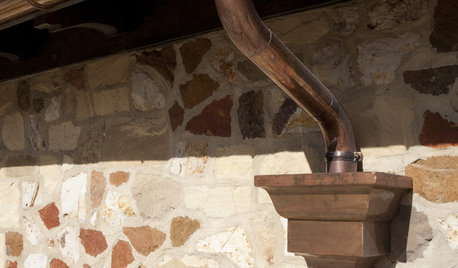
HOUSEKEEPINGProtect Your House From Winter Water Damage
Avoid costly repairs by learning to spot potential problem areas before water damage is done
Full Story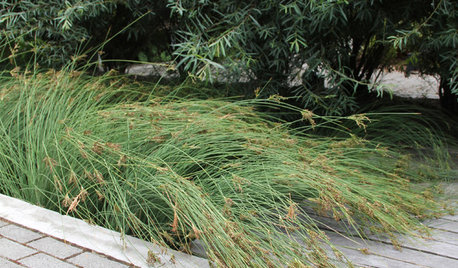
GARDENING GUIDESProtect a Precious Resource With a Rain Garden
Promote pure water and a beautiful landscape with a garden design that makes the most of the rain
Full Story
GARDENING AND LANDSCAPINGPlan for Summer: Protect Your Family With a Safe Pool
Fencing, presence detectors and non-slip materials help keep your pool area accident-free
Full Story
WINTER GARDENINGPruning Secrets for Exquisite Roses
Encourage gorgeous blooms year after year with this time-tested advice on how to prune your rosebush in winter for health and shape
Full Story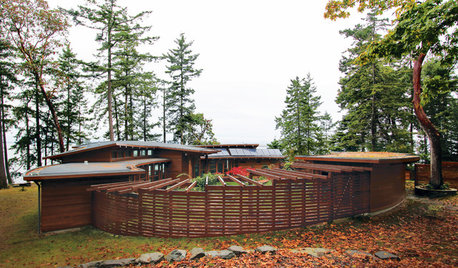
FENCES AND GATESA Deer Fence Can Be Decorative as Well as Protective
You need a monster-size fence to shelter your garden from deer, but it doesn’t have to look like a monstrosity
Full Story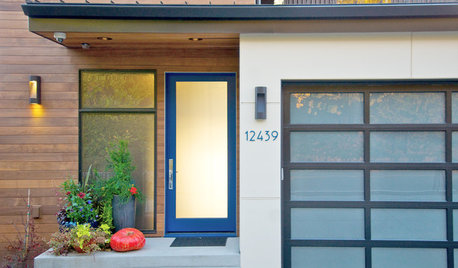
ENTRYWAYSGlass Doors That Welcome — and Protect Your Privacy Too
These front-door designs let in the light but keep your air-guitar performances safely in-house
Full Story
HOME TECHTo Feed and Protect: Care for Your Pet From Afar With New Devices
You might miss the nuzzles, but your dog or cat won't miss food, water or monitoring with these high-tech feeders and cameras
Full Story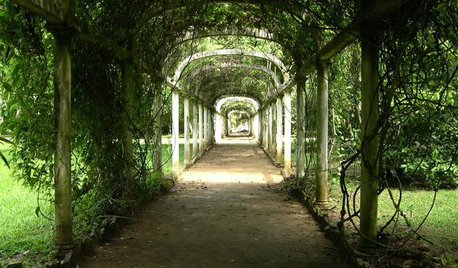
GARDENING AND LANDSCAPINGCreate Nests: Treat Yourself to a Protected Walkway
Turn a garden path into an exploration of inviting nooks and beautiful views
Full Story
HOUSEPLANTSIndoor Winter Gardens for Cheerier Days
Bring plants inside for drab-days mood boosting — not to mention cleaner indoor air and protection for your greenery
Full StorySponsored
Columbus Area's Luxury Design Build Firm | 17x Best of Houzz Winner!
More Discussions







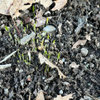
asarum
claireplymouth z6b coastal MA
Related Professionals
Benbrook Landscape Architects & Landscape Designers · Quincy Landscape Architects & Landscape Designers · Belmont Landscape Contractors · Fort Atkinson Landscape Contractors · Huntley Landscape Contractors · La Mirada Landscape Contractors · Lemay Landscape Contractors · Nutley Landscape Contractors · Plainview Landscape Contractors · Seminole Landscape Contractors · Watertown Landscape Contractors · Four Corners Landscape Contractors · Norridge Landscape Contractors · Highland Springs Decks, Patios & Outdoor Enclosures · Inwood Decks, Patios & Outdoor EnclosuresNHBabs z4b-5a NH
mad_gallica (z5 Eastern NY)
silvergirl426_gw
nhmom2fourOriginal Author
mad_gallica (z5 Eastern NY)
tree_oracle
prairiemoon2 z6b MA